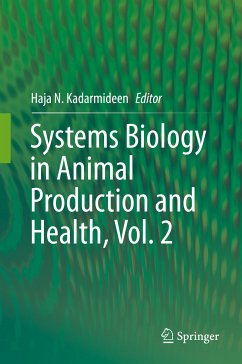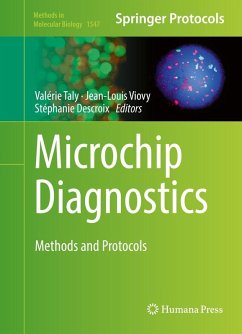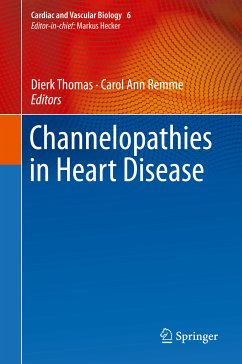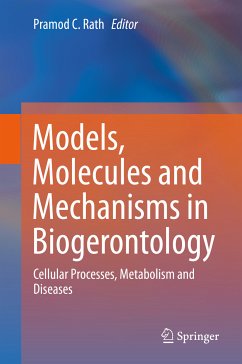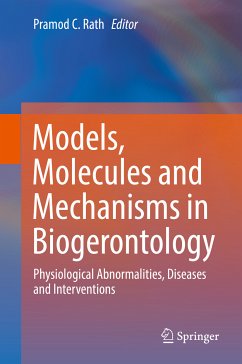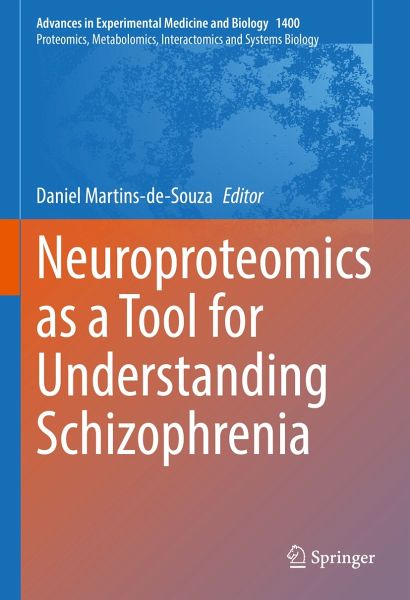
Neuroproteomics as a Tool for Understanding Schizophrenia (eBook, PDF)
Versandkostenfrei!
Sofort per Download lieferbar
Statt: 181,89 €**
128,95 €
inkl. MwSt.
**Preis der gedruckten Ausgabe (Gebundenes Buch)
Alle Infos zum eBook verschenkenWeitere Ausgaben:

PAYBACK Punkte
64 °P sammeln!
Over the past decade, neuroproteomics has shed light on the molecular features of schizophrenia by depicting biological processes involved with its establishment, maintenance and treatment. These studies have also pointed to potential biomarkers applicable to diagnosis and medication monitoring. Edited by a leader in the field of neuroproteomics with contributions from subject experts, this new volume will address recent findings and compile evidence from difference perspectives-such as human samples, animal models, pluripotent stem cell-derived in vitro pre-clinical models-and provide finding...
Over the past decade, neuroproteomics has shed light on the molecular features of schizophrenia by depicting biological processes involved with its establishment, maintenance and treatment. These studies have also pointed to potential biomarkers applicable to diagnosis and medication monitoring. Edited by a leader in the field of neuroproteomics with contributions from subject experts, this new volume will address recent findings and compile evidence from difference perspectives-such as human samples, animal models, pluripotent stem cell-derived in vitro pre-clinical models-and provide findings to inform the development of innovative future treatment strategies.
This volume will be useful for a broad audience of researchers and professionals, including biologists, neurologists, psychiatrists, analytical chemists, and pharmacists, among others.
This volume will be useful for a broad audience of researchers and professionals, including biologists, neurologists, psychiatrists, analytical chemists, and pharmacists, among others.
Dieser Download kann aus rechtlichen Gründen nur mit Rechnungsadresse in A, B, BG, CY, CZ, D, DK, EW, E, FIN, F, GR, HR, H, IRL, I, LT, L, LR, M, NL, PL, P, R, S, SLO, SK ausgeliefert werden.



